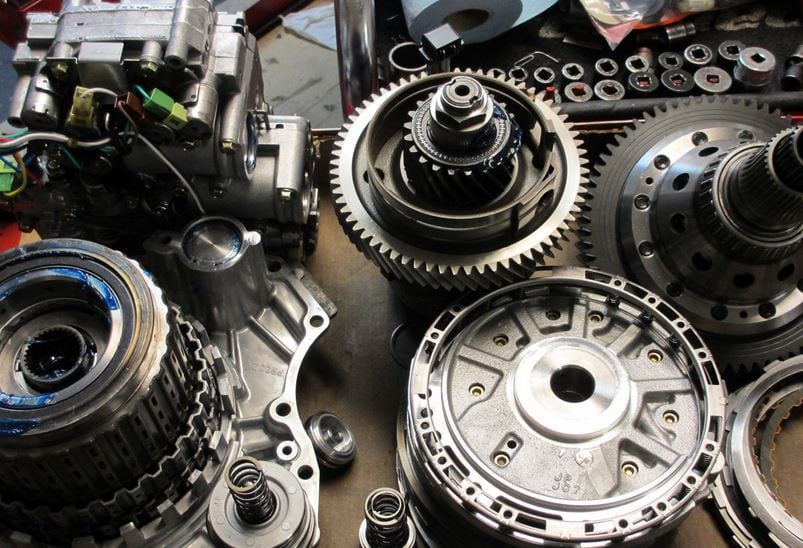A new “superlubricious” coating, detailed in a study by New York’s SUNY Polytechnic Institute, could reduce friction dramatically. The idea of “superlubricity” is not new, but has only been observed at the nanoscale. The SUNY researchers think they’ve figured out how to scale it up to the macroscale.
In other words, the days of liquid lubrication could be numbered.
Currently, about 30 percent of a vehicle’s power output is used to overcome friction in its various moving parts. That’s down from even higher numbers before more advanced lubricants and coatings began to be used in the 1970s. But lubricants and coatings haven’t seen much improvement in the past decade or so. Not on scales that could be called dramatic upgrades.
The SUNY researchers used carbon they derived from cassava plants onto metal surfaces using a low-cost, high-temperature biowaste treatment process. With the carbon bonded to the metal, the footprint it displayed was of graphene: a single layer of carbon atoms. This material filled in the grooves that had been caused by wear, creating a graphene-only contact area that protected the metal beneath.
In testing, the carbon-bonded steel and nickel substrates had a virtually frictionless state that remained robust in normal operating conditions for about 150,000 cycles.
If this new material proves usable at scale, it could affect almost every industry where metals contact one another. From aircraft to manufacturing to automotive, it could save millions in energy gains alone. Both combustion and electric vehicles would see great gains from this technology.
The paper describing the research team’s findings was co-authored by Winston “Wole” Soboyejo, president of SUNY Polytechnic Institute, and postdoctoral researcher Tabiri Kwayie Asumadu. It was published in the journal Applied Materials Today and can be found on Science Direct.







